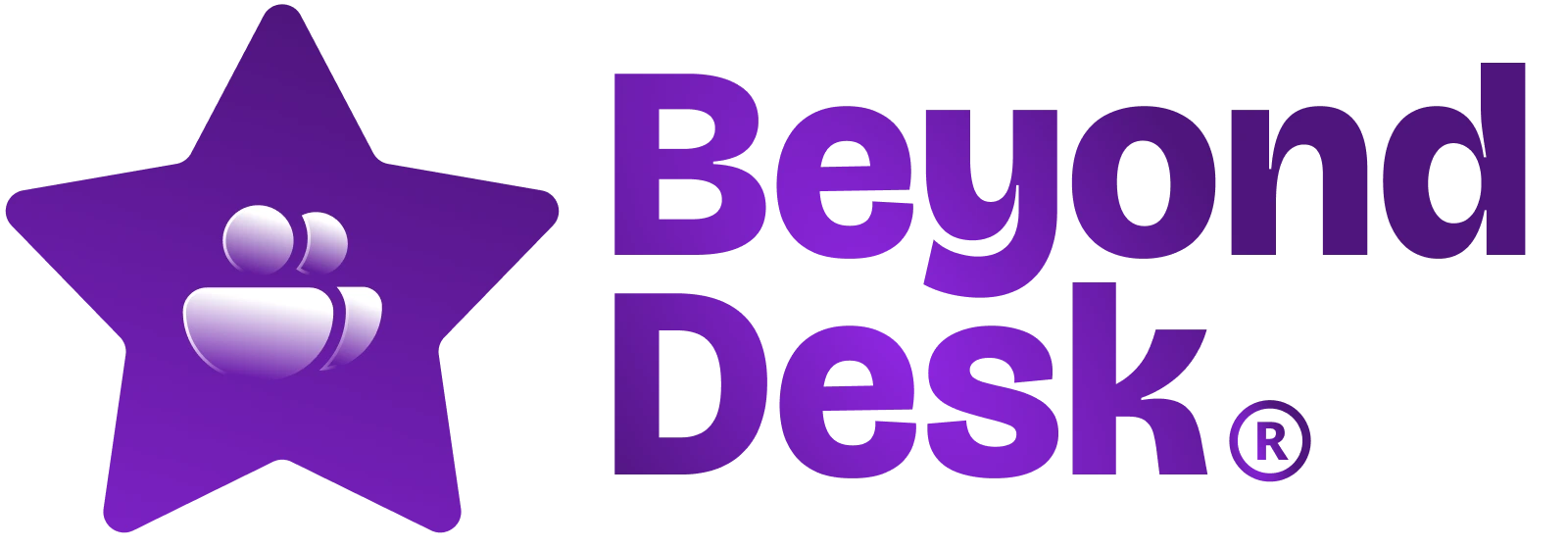Organizations are increasingly focusing on fostering continuous learning and development among their employees. A Learning Desk, an innovative platform for peer-to-peer knowledge sharing and professional growth, emerges as a critical tool in this endeavor.
This article explores how organizations can leverage a Learning Desk to cultivate a culture of learning, thereby enhancing their competitiveness in the market.
The Concept of a Learning Desk
A Learning Desk is an internal platform that facilitates the exchange of knowledge and skills among employees. It operates on the principle of peer-to-peer learning, where employees can both contribute and access insights, expertise, and experiences from their colleagues.
This collaborative approach to learning not only democratizes knowledge within the organization but also fosters a sense of community and engagement among staff.
Advantages of a Learning Desk
- Encourages Continuous Learning: A Learning Desk instills a culture of continuous professional development, keeping the workforce up-to-date with the latest industry trends, technologies, and best practices.
- Promotes Knowledge Sharing: It breaks down silos by enabling the free flow of information across departments and teams, enriching the organizational knowledge base.
- Enhances Employee Engagement: By actively participating in knowledge sharing, employees feel more connected and engaged with their peers and the organization as a whole.
- Fosters Innovation: A diverse pool of knowledge and perspectives can spark new ideas and innovation, driving the company forward.
- Supports Career Development: Employees have the opportunity to learn new skills and competencies, aiding their personal and professional growth within the organization.
Implementing a Learning Desk for Competitive Advantage
To fully leverage a Learning Desk for competitive advantage, organizations should consider the following strategies:
Integrate with Organizational Goals
Align the objectives of the Learning Desk with the broader organizational goals. This ensures that the knowledge shared and acquired through the platform directly contributes to achieving business targets, such as improving product quality, enhancing customer service, or driving innovation.
Foster a Culture of Knowledge Sharing
Cultivating a culture that values and rewards knowledge sharing is crucial. Encourage leaders and managers to lead by example, actively contributing to and promoting the use of the Learning Desk. Recognition programs for active contributors can further incentivize participation.
Ensure Accessibility and Ease of Use
The Learning Desk platform should be user-friendly and accessible to all employees, regardless of their role or location. This might involve investing in intuitive software, providing training on how to use the platform, and ensuring that it is easily accessible through the company’s intranet or digital workplace.
Curate and Organize Content
To maximize the utility of the Learning Desk, the content shared should be curated and organized effectively. Implementing a system for tagging, categorizing, and rating content can help employees find relevant information quickly and efficiently.
Measure Impact and Iterate
Regularly assessing the impact of the Learning Desk on employee performance and organizational outcomes is essential. Collect feedback from users, monitor engagement levels, and evaluate the platform’s contribution to achieving business goals. Use these insights to continually refine and improve the Learning Desk.
Encourage Cross-functional Collaboration
The Learning Desk should not only facilitate knowledge sharing within teams but also encourage cross-functional collaboration. This can be achieved by creating interdisciplinary projects or challenges that require employees from different departments to share knowledge and work together.
Leverage Technology
Utilize technology to enhance the Learning Desk experience. This could include incorporating AI to personalize learning recommendations, using gamification to make learning more engaging, or integrating social features that allow for discussions and collaboration on the platform.
Final Words
A Learning Desk is more than just a tool for sharing knowledge; it’s a strategic asset that can significantly enhance an organization’s competitive advantage. By fostering a culture of continuous learning and collaboration, organizations can unleash the full potential of their workforce, driving innovation, and achieving excellence in their operations.
As the business landscape continues to evolve, those who invest in empowering their employees through platforms like a Learning Desk will be well-positioned to lead the way in their respective industries.

